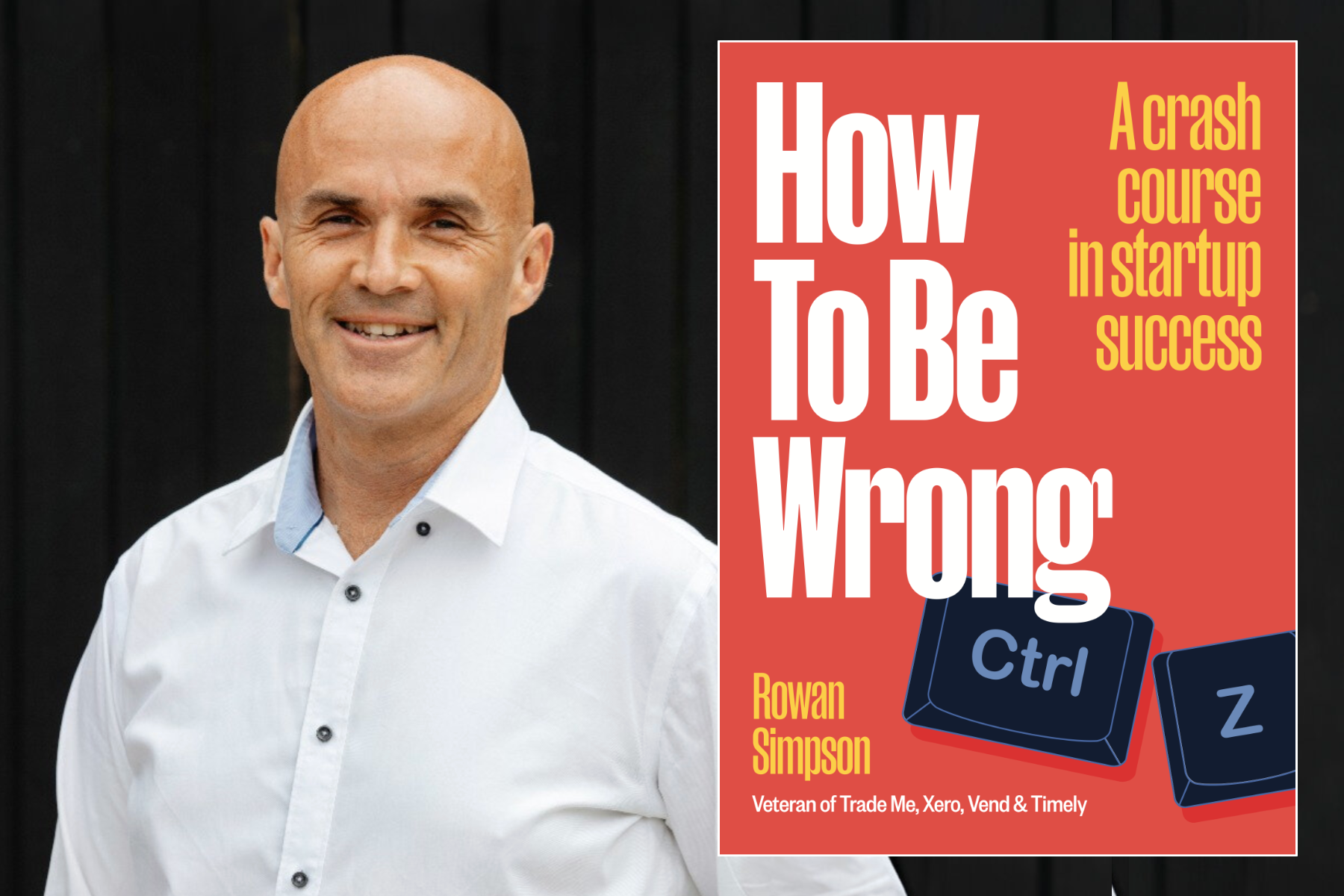In the beginning all we have are ideas. It’s important we agree how to filter them.
One option is to treat them mean. The Zack Snyder movie 300 depicts the harsh agōgē training Spartan boys underwent from a young age, designed to mould them into fierce warriors through constant tests and challenges:
At age 7, as is customary in Sparta, the boy was taken from his mother and plunged into a world of violence. Manufactured by 300 years of Spartan warrior society to create the finest soldiers the world has ever known. The agoge, as it’s called, forces the boy to fight. Starves them, forces them to steal and if necessary, to kill. By rod and lash the boy was punished, taught to show no pain, no mercy. Constantly tested, tossed into the wild. Left to pit his wits and will against nature’s fury. It was his initiation, his time in the wild for he would return to his people a Spartan or not at all.
Like young Spartans, at some point our ideas will be exposed to the harsh, unforgiving world, but in the early stages we could try another approach: cultivation, respect even. Consider this, from Apple design guru Jony Ive’s wonderful eulogy to Steve Jobs:1
Steve used to say to me (and he used to say this a lot), “Hey Jony, here’s a dopey idea.” And sometimes they were — really dopey. Sometimes they were truly dreadful. But sometimes they took the air from the room, and they left us both completely silent. Bold, crazy, magnificent ideas. Or quiet, simple ones which, in their subtlety, their detail, were utterly profound.
And just as Steve loved ideas, and loved making stuff, he treated the process of creativity with a rare and a wonderful reverence. Better than anyone, he understood that while ideas ultimately can be so powerful, they begin as fragile, barely formed thoughts, so easily missed, so easily compromised, so easily just squished.
It’s invigorating to imagine the iPod or iPhone as a dopey half-formed idea, and think about the conversation that day in the lab as the team teased it out and allowed it to take shape.2
We’re often reluctant to share unfinished ideas, fearing others will think them silly. To generate and nurture ideas, a team needs to treat them like newborn babies, something delicate, given time to form while everybody is still being gentle. But then, before any ideas get too comfortable, we need to flip into Spartan mode and treat them with a harsh unsentimental brutality so that only the fittest survive and we don’t waste too many cycles otherwise.
Choosing the right time to make that switch is the difference between a really great product team and the rest of us mere mortals.
-
Jonathan Ive Tribute Speech to Steve Jobs at Apple Memorial, YouTube. ↩︎
-
That was a deliberate strategy and a repeated pattern. In Creativity Inc., the story of Pixar animation studio, co-founder Ed Catmull notes that every time Steve Jobs provided notes to directors of the movies in production he would always start by saying “I’m not really a filmmaker, so you can ignore everything I say.” ↩︎
Related Essays
Pining for the Fjords
Be honest: Can we get to the next milestone with the resources we have?
Product Management
Try to complete as many loops as possible, getting a little bit better each time.
The Pit of Success
It’s not what the software does, it’s what the user does that matters.
Buy the book
